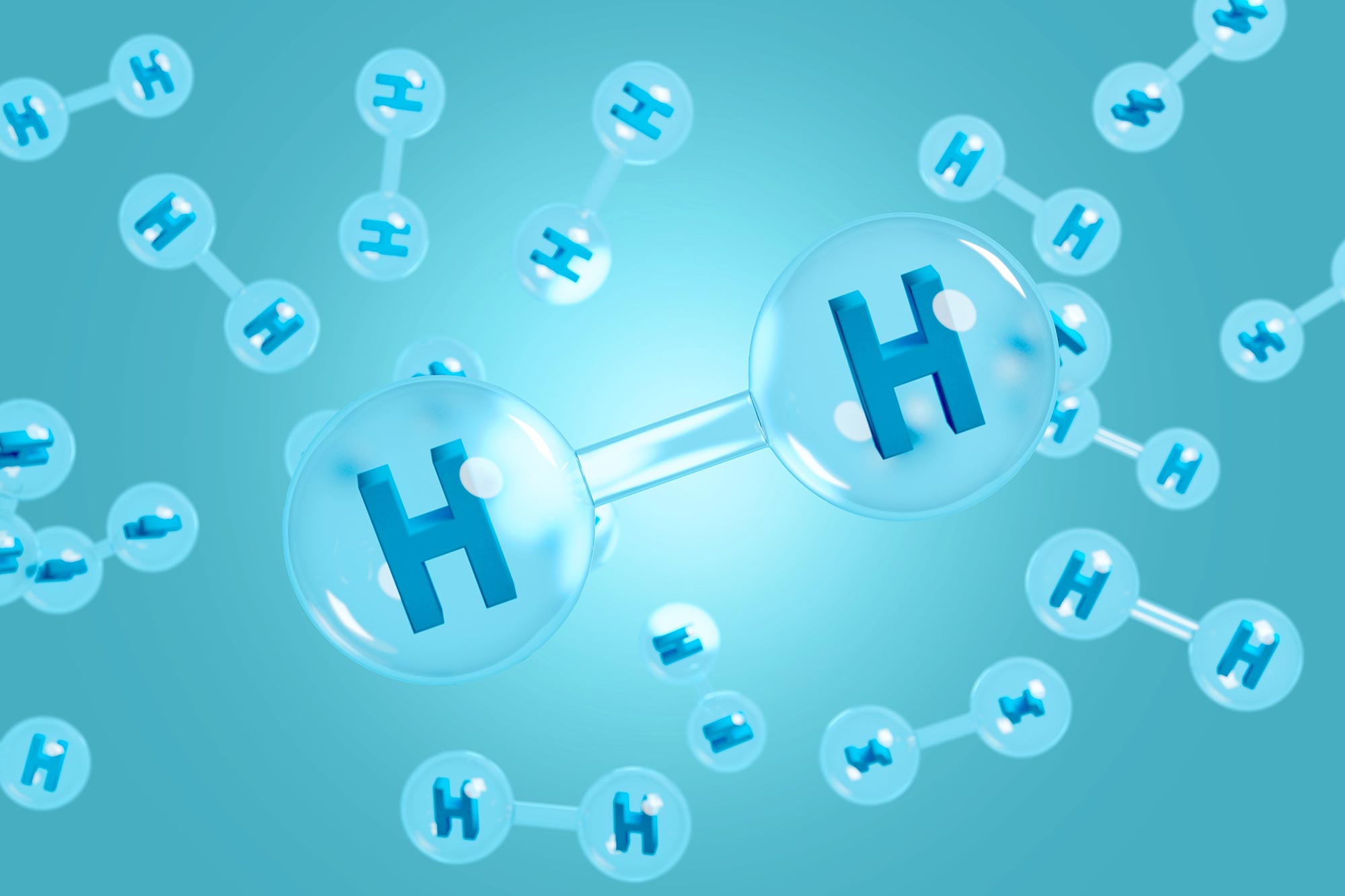Researchers at the University of Sydney have discovered that adding molybdenum to steel, combined with metal carbides, significantly improves its ability to trap hydrogen, potentially solving the issue of hydrogen embrittlement. This breakthrough, using advanced cryogenic atom probe tomography, could pave the way for large-scale hydrogen transport and storage solutions, essential for transitioning to a hydrogen economy.
So let’s say you have liquid hydrogen and this hydrogen tank … you would still need very good insulation : this is still a limiting factor in hydrogen transport nowadays … heat goes in, hydrogen boils away and in about a week your tank is empty (that’s for a very large tank : not one for an automobile).
It is the same problem with LNG. And for a while, people concluded that LNG was impossible. But as it turns out, the larger the tank, the smaller the problem becomes. Combined with better insulation and the problems mostly go away. You also only bother with it if you are transporting it by ship, rail or truck, so it rarely stays in that state for long.
if we compare with LNG we should consider three parameters : heat of vaporization, density and difference of temperature.
All of those parameters are worse for liquid hydrogen and are multiplicative : the result is a much bigger problem. (i don’t have figures at hand)Hydrogen has a higher boiling point than helium, so it is not the worst liquid to deal with. If we can contemplate liquid helium, we can contemplate liquid hydrogen. Also, like I said previously, you’d only consider liquid hydrogen for relatively short periods of storage. If you need long-term storage, you would either store in a gas form, or convert it to some other chemical like ammonia.
NH3 is both corrosive and poisonous so I would rather convert hydrogen to CH4 or better yet to gasoline.
That is also a possibility, and it’s known as e-fuels/syn-fuels.
Hydrogen economy? Like how?



